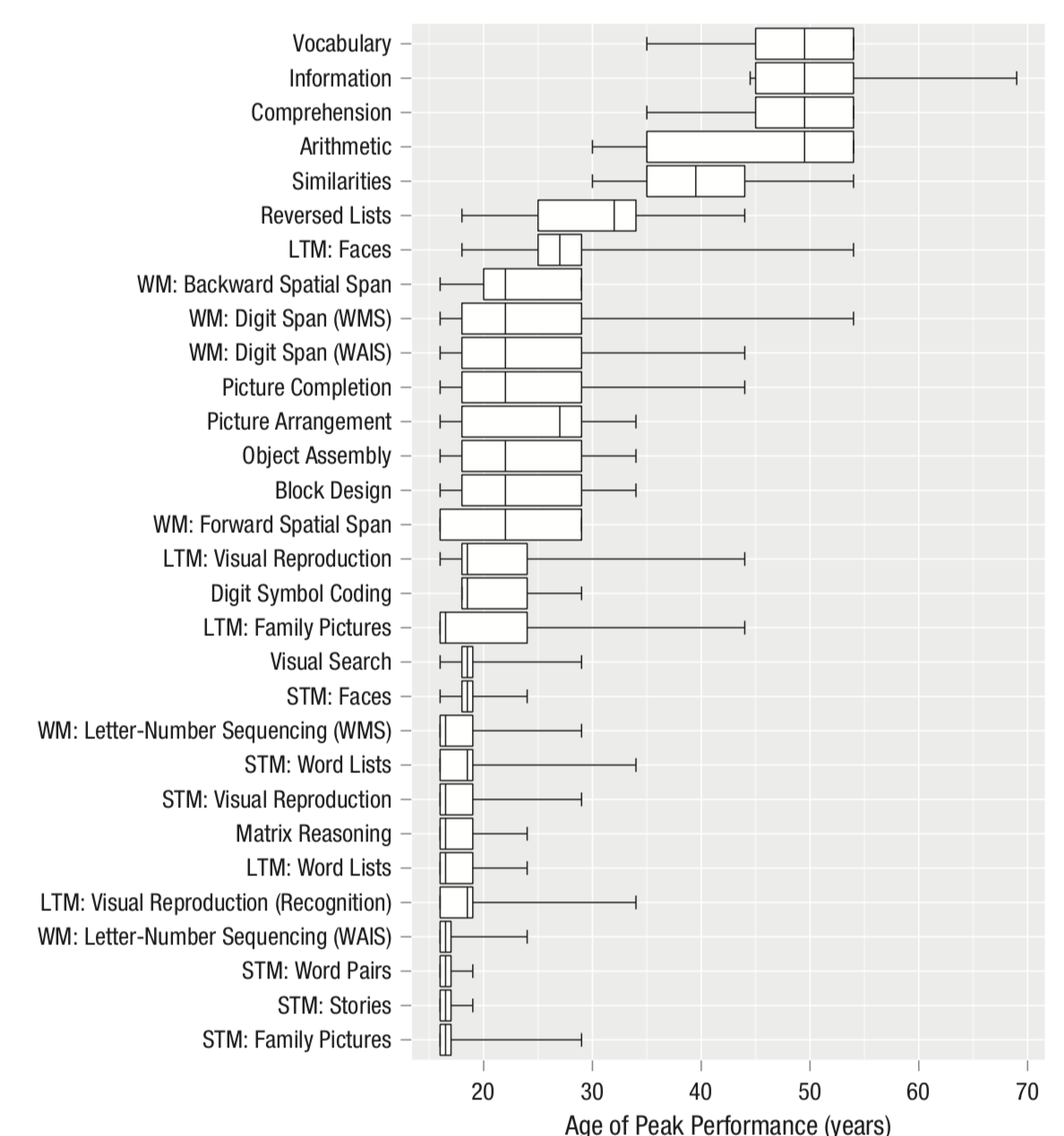A recent study suggests that the Tyrannosaurus rex may have ruled the Late Cretaceous Period with brawn and brains. Paleoneurologists share what a T. rex skull can tell us about its brain and intelligence.

The name Tyrannosaurus rex means the “king of the tyrant lizards,” and by all accounts, that’s exactly what T. rex was. A ruthless and fearsome predator, it ruled the world in the Late Cretaceous Period, around 90 million years ago. With teeth as big as a banana, a crushing bite and a sense of smell as keen as a cat, this infamous theropod was a vicious predator. But how smart was T. rex? What do we know, and what can we know about the brains of the most ferocious predator that the world has ever seen?
Clues From the T. Rex Skull
According to Ashley Morhardt, a paleoneurologist at the Washington University School of Medicine, some things are evident from fossils that might give us some clues into a dinosaur’s intelligence. For example, we can observe and measure the cavity space where the brain was once housed.
T. Rex Brain
If the skull has been broken open due to damage, researchers can physically study the insides of the brain. The skull can also be placed in a computerized axial tomography (CAT) scan, which provides a detailed image of the inside of the brain cavity. In some cases, scientists might also make an endocast or a 3D representation of the brain cavity made in a similar method to a jello mold. Endocasts are particularly helpful because they show the size of the brain cavity as well as the anatomical details of the brain.
“We can get a sense of how much of the brain tissue was devoted to different regions of the brain by being able to analyze the anatomy of the endocast,” says Morhardt.
Regarding T. rex, we know that it had extra large olfactory bulbs and, as a result, a great sense of smell. We also know from the size of the eye sockets that it had excellent vision.
Size of a T. Rex Brain
A July 2022 study published in the Journal of Comparative Neurology took it a step further, using the information we have about the neuronal density and brain size of animals living today and attempting to apply that knowledge to T. rex.
As Smart as a Baboon?
The study, authored by Suzana Herculano-Houzel, even estimates that T. rex was about as smart as a baboon, which means they were smarter than we thought. But Morhardt contends that there are too many caveats in the study to be able to take it that far. “I don’t personally find this claim to be realistic because brain size only tells us a small portion of the story,” she says.
T. Rex Brain Size and Neurons
Brain size is important, as is neuronal density. Still, we also need to be able to map the neuronal connectivity of the brain to assess its efficiencies and to look at how support cells in the brain are impacting brain activity. So there’s a lot we don’t know, and it’s best not to jump to conclusions. “We have to be careful to stay within the limits of the data,” says Morhardt.
Evaluating T. Rex Intelligence
Matthew Carrano, curator of the Smithsonian’s National Museum for Natural History, agrees that there’s a lot that we just don’t know. He says we haven’t even mastered measuring intelligence in live human beings. “To go back in time and measure intelligence in an ancient animal, it’s really hard to even approach this question in any sort of precise way,” he says.
Tree of Life
He contends that we have secondary ideas that may provide a window into T. rex intelligence, but it would be challenging to go beyond that for now. We can get an idea of dinosaur intelligence based on where they fit into the tree of life, says Carrano.
“We know that we have living dinosaurs in birds and close cousins of dinosaurs in crocodilians, so we can use what we know about these living animals to bracket the possibilities for dinosaur intelligence,” he says.
Bird Brained?
Still, there’s a range of intelligence in birds. Some are quite smart, like parrots and crows, but others are not as sophisticated. Moreover, birds have changed a lot in the past 66 million years. And then there are crocodiles, which in some research, are highly intelligent, working in teams to hunt their prey and displaying advanced parental care. And they haven’t changed much, but we’re still not sure how close they were to dinosaurs regarding intelligence.
In the end, there’s a lot we don’t know about dinosaurs or T. rex intelligence, and it seems difficult that without the brain, we could know. But the more specimens we find to indicate behavior, culture and sophistication, the more we can pull back the curtain on the brains of this fantastic beast. Until then, we’ll have to hang our hats on the idea that T. rex was as smart as it needed to be to rule its prehistoric world.



.png)




